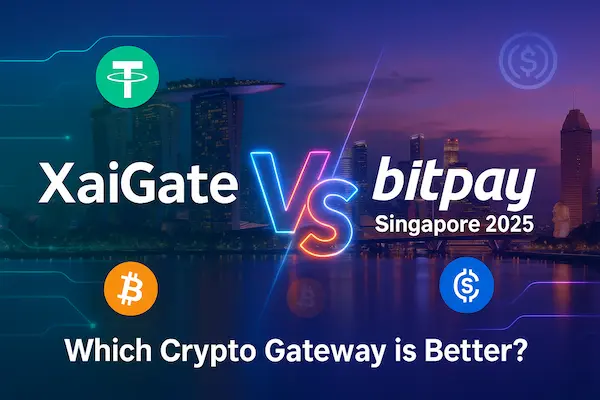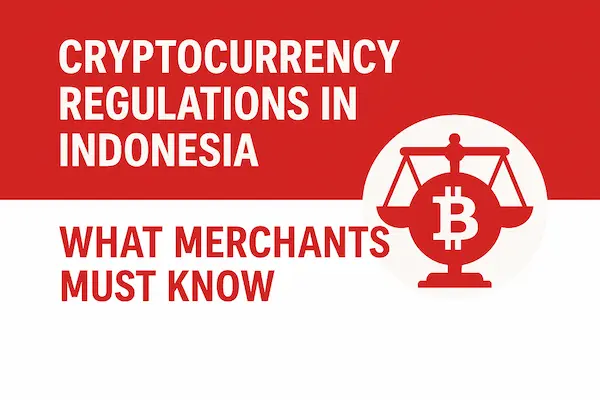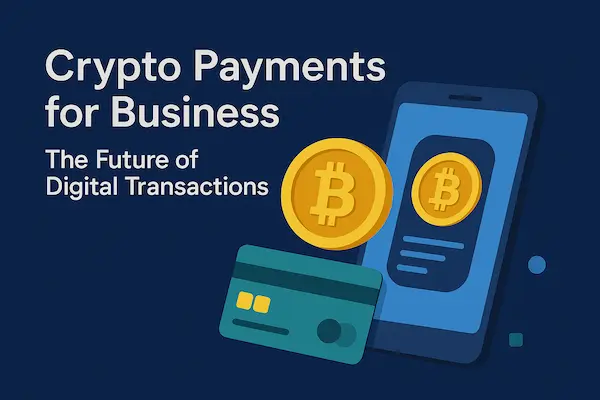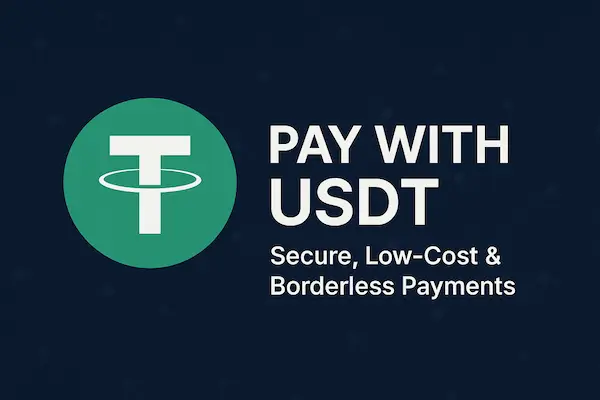Singapore has positioned itself as one of the world’s leading hubs for blockchain and digital assets. With the Monetary Authority of Singapore (MAS) tightening its regulatory framework in 2026, businesses are re-evaluating which crypto payment gateway offers the best balance of compliance, cost efficiency, and merchant support.
Among the most discussed options, XaiGate vs BitPay has become a frequent comparison for merchants. BitPay, as one of the earliest crypto payment processors, offers global recognition. On the other hand, XaiGate has quickly gained traction in Singapore by focusing on stablecoin payments, lower fees, and MAS-aligned compliance.
Contents
- 1 1. Why Singapore Matters for Crypto Gateways
- 2 2. XaiGate Overview
- 3 3. BitPay Overview
- 4 4. XaiGate vs BitPay in Singapore – Side by Side Comparison
- 5 5. Compliance & Regulation – MAS Rules 2026
- 6 6. Which Gateway Works Best for Singapore Merchants?
- 7 7. Case Study – Travel Agency in Singapore
- 8 8. Pros & Cons Snapshot
- 9 FAQs – XaiGate vs BitPay Singapore 2026
- 10 Conclusion – The Future of Crypto Payments in Singapore
1. Why Singapore Matters for Crypto Gateways
Singapore is not just a financial hub—it is also one of the most progressive environments for fintech innovation. The MAS has been actively shaping a clear regulatory framework, especially under the Payment Services Act (PSA) and the 2026 updates that impact stablecoin issuers and payment providers.
For merchants, this means adopting a crypto payment gateway is no longer just about accepting Bitcoin or Ethereum. It’s about ensuring compliance, predictable cash flow, and seamless cross-border transactions. Retailers, travel agencies, online gaming platforms, and even NGOs in Singapore are increasingly looking for solutions that minimize volatility and offer faster settlements.
In this context, the XaiGate vs BitPay debate becomes highly relevant. Both companies provide global coverage, but their approach to stablecoins, compliance, and industry support differs significantly. For merchants in Singapore, those differences can determine whether a payment gateway drives growth—or creates new operational hurdles.

2. XaiGate Overview
XaiGate is a stablecoin-focused payment gateway designed with the needs of modern merchants in mind. Unlike older processors that were built around Bitcoin, XaiGate puts stablecoins such as USDT, USDC, and PYUSD at the center of its ecosystem. This makes it especially attractive for Singaporean businesses, where predictability in settlement and compliance with MAS guidelines are essential.
One of the biggest advantages of XaiGate is its low-fee structure. By reducing transaction costs, it allows merchants to keep more of their revenue compared to traditional providers. For industries with high transaction volumes—such as retail, travel, and gaming—these savings can add up to a significant competitive edge.
Developers also value XaiGate’s API and plug-and-play integrations, which are designed to be lightweight and flexible. This means a merchant in Singapore can integrate XaiGate into an e-commerce site or booking platform without facing the complexity often associated with older gateways.
Another key difference in the XaiGate vs BitPay discussion is inclusivity. XaiGate has made stablecoin payments accessible even for high-risk industries and NGOs, sectors that often struggle to find payment partners. Combined with a more flexible approach to KYC tiers, this positions XaiGate as a practical solution for diverse businesses operating under Singapore’s evolving crypto regulations.
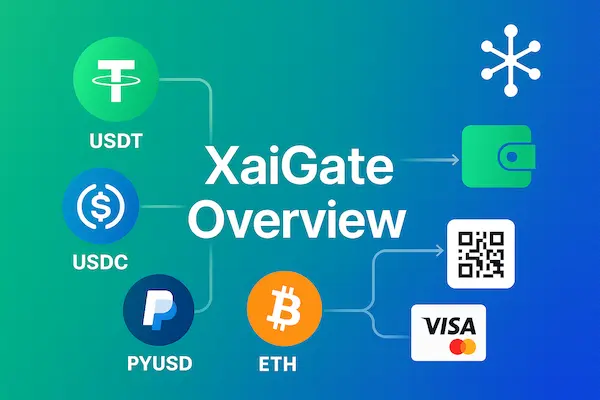
3. BitPay Overview
BitPay has been a pioneer in the crypto payment space since its launch in 2011. It was one of the first companies to give merchants the ability to accept Bitcoin directly, which established its reputation globally. Over the years, BitPay has expanded to support other assets, including Ethereum and a handful of stablecoins, but its foundation remains Bitcoin-centric.
In Singapore, BitPay offers merchants a well-established name with strong global recognition. However, its fee structure is generally higher compared to new entrants like XaiGate. For smaller businesses or startups, this can reduce margins, especially when combined with strict KYC and compliance requirements.
Another limitation in the XaiGate vs BitPay comparison lies in industry support. BitPay tends to focus on mainstream retail and service providers, often excluding sectors considered “high risk” under traditional banking models. This leaves gaps for industries like gaming, adult entertainment, and some cross-border NGOs that require more flexible solutions.
Despite these challenges, BitPay remains a trusted brand with features such as fiat conversion, which appeals to merchants who prefer to settle in traditional currencies instead of holding digital assets. For larger businesses with global operations, this can still be an attractive feature—though it may not align as closely with the specific needs of Singapore’s MAS-regulated market.
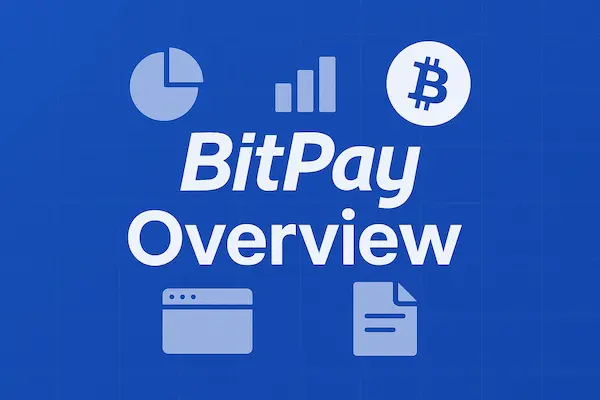
4. XaiGate vs BitPay in Singapore – Side by Side Comparison
When choosing between XaiGate vs BitPay in Singapore, the best way to understand the differences is to look at their features side by side. Both platforms process crypto transactions, but their design philosophy and focus areas diverge significantly.
| Feature | XaiGate | BitPay |
|---|---|---|
| Supported Assets | Stablecoins (USDT, USDC, PYUSD) + ETH, BTC | Primarily BTC, ETH, LTC + some stablecoins |
| Fee Structure | Ultra-low, optimized for stablecoin transactions | Higher, varies by asset and settlement |
| KYC Approach | Flexible, tiered options for different merchant profiles | Strict KYC, limited flexibility |
| Industry Coverage | Retail, travel, gaming, NGOs, high-risk sectors | Mostly retail and mainstream services |
| Settlement Speed | Instant in stablecoins | Slower; fiat conversion available |
| Regulatory Focus in Singapore | Tailored for MAS compliance and 2026 stablecoin rules | Global-first compliance, less local focus |
| Developer Tools | Modern API, fast integration for e-commerce and travel platforms | Legacy API, fewer customization options |
This comparison highlights that XaiGate is designed for Singapore’s current business environment, while BitPay reflects its origins as a global Bitcoin processor. For merchants prioritizing stablecoin payments, lower costs, and MAS compliance, XaiGate provides a more practical fit.
By contrast, BitPay may still appeal to merchants who prefer fiat settlements or want to leverage its long-standing brand recognition. However, for industries operating at the edge of innovation in Singapore, BitPay’s stricter policies and limited asset coverage can create barriers.
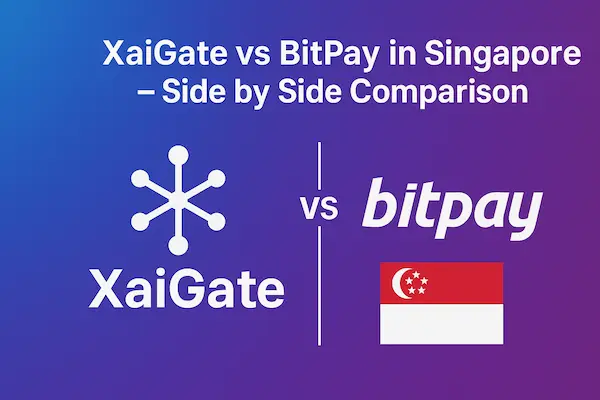
5. Compliance & Regulation – MAS Rules 2026
In Singapore, no crypto payment gateway can succeed without aligning with the Monetary Authority of Singapore (MAS). The MAS updated its Payment Services Act (PSA) in 2026, introducing stricter requirements for digital payment token service providers, with a particular focus on stablecoin regulation.
For merchants, this shift means that choosing a provider is not just about speed and fees—it is also about working with a platform that can guarantee compliance in the long term.
XaiGate has positioned itself directly in line with MAS requirements. Its stablecoin-first strategy ensures that payments are anchored to assets that MAS has categorized under the new regulatory framework. For Singapore merchants, this alignment minimizes the risk of disruptions and provides confidence that future rule changes will not invalidate their payment flows.
BitPay, by contrast, takes a global compliance-first approach. While this ensures security and credibility on an international scale, it does not offer the same degree of localization for Singapore. Merchants may find that BitPay’s processes are more rigid and not specifically adapted to MAS’s evolving framework.
The difference is clear in the XaiGate vs BitPay debate:
XaiGate → Compliance tailored to Singapore’s stablecoin rules, flexible enough for local merchants.
BitPay → Compliance geared for global coverage, but less adaptable to MAS-specific updates.
For businesses operating in Singapore, this distinction could be the deciding factor when selecting a crypto gateway in 2026.
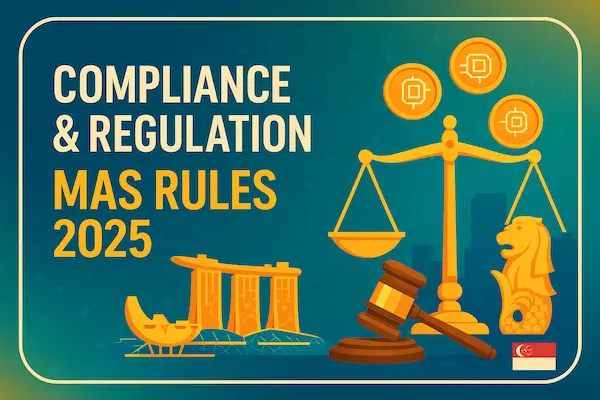
6. Which Gateway Works Best for Singapore Merchants?
For Singapore merchants, the choice between XaiGate vs BitPay depends heavily on industry needs. While both platforms allow businesses to accept digital assets, their suitability diverges once compliance, settlement speed, and supported industries are factored in.
Retail & Travel:
Merchants in these sectors often deal with cross-border clients and need predictable cash flow. Stablecoin settlement with XaiGate ensures that revenue is not exposed to the volatility of Bitcoin or Ethereum. By contrast, BitPay’s BTC-first model may lead to unexpected fluctuations in final payouts, especially for small and mid-sized businesses.High-Risk Industries (Gaming, Adult, Forex, Web3 startups):
BitPay generally avoids servicing high-risk categories due to stricter policies. XaiGate, on the other hand, provides tiered KYC options and broader industry coverage. This inclusivity makes it the more practical gateway for businesses often overlooked by traditional processors.NGOs & Donations:
Non-profits and NGOs in Singapore benefit from stablecoin-based donations, as these minimize bank fees and reduce transfer delays. XaiGate has already positioned itself as a strong option for NGOs, while BitPay’s heavier compliance layers can slow down adoption in this space.Corporate Enterprises:
Larger companies with global operations may still prefer BitPay if they require fiat settlement in multiple jurisdictions. For them, BitPay’s brand recognition and track record offer credibility, even if fees are higher.
Ultimately, in the XaiGate vs BitPay Singapore debate, the better choice for most local merchants in 2026 is XaiGate. Its stablecoin-first approach, MAS compliance alignment, and lower fees give it a clear advantage in Singapore’s fast-evolving fintech ecosystem.

7. Case Study – Travel Agency in Singapore
To illustrate how the choice between XaiGate vs BitPay impacts real businesses, let’s look at a mid-sized travel agency in Singapore that caters to international tourists booking tours in Asia.
The Challenge
The agency initially relied on BitPay to accept Bitcoin and Ethereum from overseas clients. While this worked for a time, the agency soon encountered two recurring problems:
Volatility in settlement values – Payments made in BTC often lost 5–10% of value before conversion to fiat.
High transaction fees – Combined with currency exchange costs, the gateway fees cut into already tight profit margins.
The Switch to XaiGate
In late 2024, the agency migrated to XaiGate’s stablecoin payment solution, accepting USDT and USDC directly from customers. The integration took less than a week thanks to XaiGate’s lightweight API.
The Results
Settlement time dropped from T+2 days with BitPay to near-instant with XaiGate.
Transaction fees decreased by over 30%, creating more room for competitive pricing.
Stablecoin payments eliminated the volatility problem, allowing the agency to price tours in Singapore dollars with confidence.
Compliance with MAS’s 2026 stablecoin framework gave the agency additional peace of mind, ensuring that their operations would not be disrupted by sudden regulatory shifts.
8. Pros & Cons Snapshot
XaiGate – Pros
Stablecoin-first approach (USDT, USDC, PYUSD) → predictable settlements.
Lower fees compared to legacy gateways.
Flexible KYC tiers, open to high-risk industries.
Built with MAS compliance in mind for 2026.
Modern API for quick integration with e-commerce & travel platforms.
XaiGate – Cons
Newer player compared to BitPay.
Still expanding global brand recognition.
BitPay – Pros
Long-established brand in the crypto payment space.
Strong Bitcoin support with fiat settlement options.
Trusted globally by enterprises.
BitPay – Cons
Higher transaction fees.
BTC volatility risks for merchants.
Limited support for high-risk industries.
Compliance model less tailored to Singapore’s MAS rules.
Quick Summary Table
| Verdict | Best For |
|---|---|
| XaiGate | Singapore merchants, retail, travel, gaming, NGOs, high-risk industries needing stablecoin payments and MAS compliance |
| BitPay | Large enterprises seeking fiat conversion, global recognition, and Bitcoin-centric settlement |
This snapshot shows that in the XaiGate vs BitPay Singapore 2026 comparison, XaiGate delivers more value for the majority of local merchants, while BitPay may remain suitable for larger corporations that prioritize fiat settlement and brand familiarity.
FAQs – XaiGate vs BitPay Singapore 2026
1. What is the main difference between XaiGate and BitPay in Singapore?
XaiGate focuses on stablecoin payments with lower fees and MAS compliance, while BitPay is more Bitcoin-centric and less tailored for Singapore.
2. Which crypto gateway has lower fees, XaiGate or BitPay?
XaiGate offers ultra-low fees optimized for stablecoins, making it more cost-effective than BitPay.
3. Does MAS regulate both XaiGate and BitPay?
Yes, but XaiGate aligns directly with MAS’s 2026 stablecoin framework, whereas BitPay follows a more global compliance model.
4. Can NGOs in Singapore accept donations via XaiGate vs BitPay?
Yes. NGOs can use both, but XaiGate is more flexible, reducing costs and improving settlement speed for donations.
5. Which payment gateway is faster in Singapore?
XaiGate provides instant settlement in stablecoins, while BitPay may take longer due to fiat conversion processes.
6. Is BitPay suitable for high-risk industries in Singapore?
Not usually. BitPay restricts high-risk industries, while XaiGate supports broader sectors with tiered KYC options.
7. Why is XaiGate better for stablecoin payments in 2026?
Because it is designed for USDT, USDC, and PYUSD, reducing volatility and ensuring compliance with MAS’s 2026 updates.
8. Which crypto gateway should Singapore merchants choose in 2026?
For most merchants, XaiGate is the better choice due to lower costs, stablecoin support, and Singapore-focused compliance.
Conclusion – The Future of Crypto Payments in Singapore
The debate of XaiGate vs BitPay in Singapore is more than just a technical comparison—it reflects how businesses are adapting to a new financial era shaped by MAS’s 2026 regulations and the growing dominance of stablecoins.
BitPay remains a respected global brand, but its Bitcoin-first model and rigid compliance standards often feel mismatched with the evolving needs of Singapore merchants. In contrast, XaiGate has positioned itself as the forward-looking choice, delivering lower fees, instant settlement in stablecoins, and a structure tailored to MAS’s new framework.
As crypto adoption accelerates across retail, travel, gaming, and NGOs, the winners will be the businesses that adopt flexible, compliant, and cost-efficient gateways. In 2026, that edge belongs to XaiGate.
Quick Recap Table
| Criteria | Best Choice |
|---|---|
| Lower fees | XaiGate |
| MAS 2026 compliance | XaiGate |
| Stablecoin support | XaiGate |
| Global brand trust | BitPay |
| Fiat conversion | BitPay |
| High-risk industries | XaiGate |
If your business in Singapore is preparing for the next phase of digital payments, the answer is clear:
Switch to XaiGate today and unlock faster settlements, lower fees, and compliance with MAS’s latest stablecoin rules.
Stay ahead of the curve—because in the XaiGate vs BitPay Singapore 2026 race, the future belongs to merchants who adapt early.
For daily updates, subscribe to XAIGATE’s blog!
We may also be found on GitHub, and X (@mxaigate)! Follow us!

